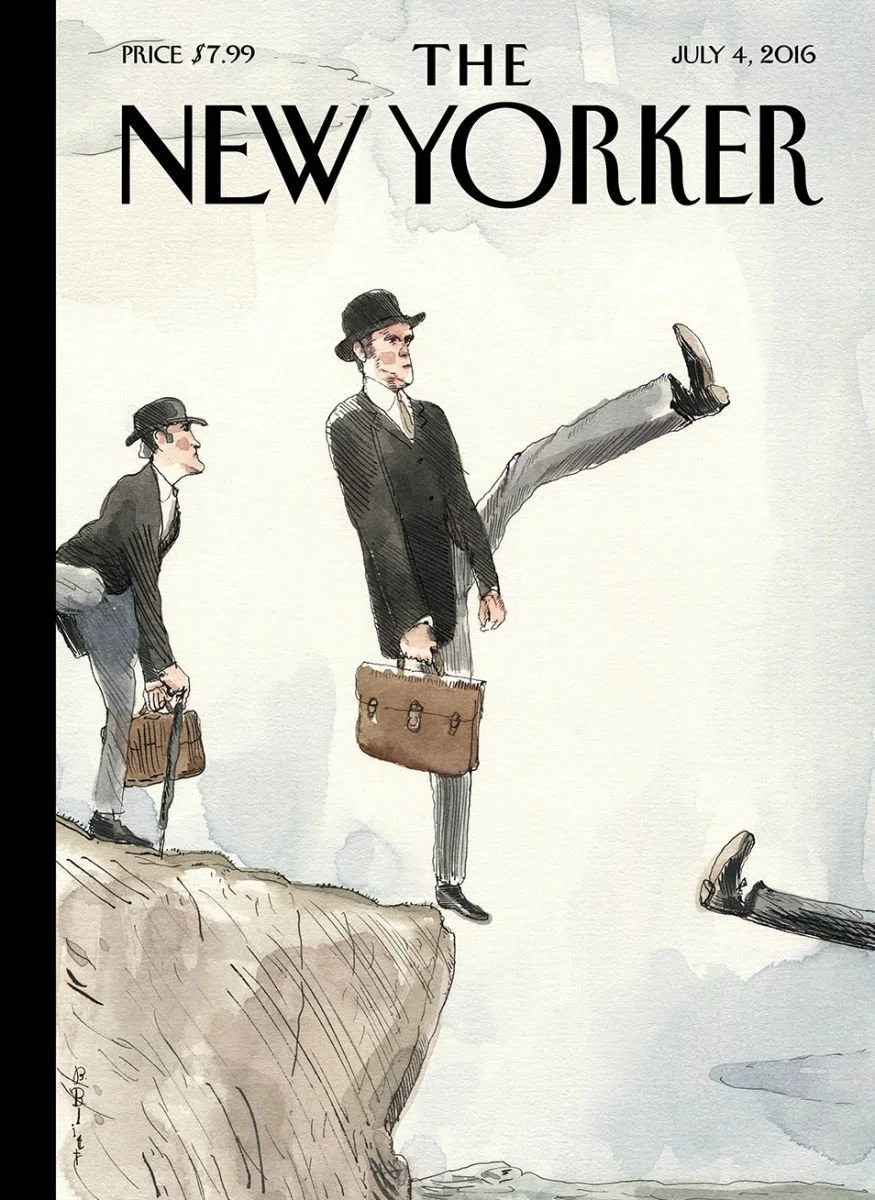At the extremely thought-provoking conference "Trade Relations after Brexit: Impetus for the Negotiation Process", I had the chance to present some thoughts on the regulatory challenges that Brexit poses for EU public procurement regulation, and to explore potential solutions that could/should be designed in the context of an agreement regulating future EU-UK relationships. I already posted my general views here. However, the discussions at the conference made me think in more detail about the specific challenge of fostering substantive coordination post-Brexit--which is an unavoidable challenge if the UK is to have any sort of meaningful access to the EU internal market, and all the more in the context of an ambitious FTA.
Of course, this challenge is not all that peculiar to the area of public procurement, and the general problems that section 6(2) of the European Union (Withdrawal) Bill (EUWB) creates concerning the non-bindingness of the future case law of the Court of Justice have been extensively discussed by others. Indeed, by establishing that 'A court or tribunal need not have regard to anything done on or after exit day by the European Court, another EU entity or the EU but may do so if it considers it appropriate to do so', if unchanged, the EU (Withdrawal) Act would create a level of legal uncertainty that nobody desires--first and foremost, prominent UK Judges such as Lord Neuberger.
However, it seems to me that, should Brexit day come some time in 2019 or 2020, the effects of the EUWB could be rather undesirable--unless, of course, UK courts decided to systematically (and voluntarily) keep a close eye on the CJEU future case interpreting the 2014 Public Procurement Package. Why is that?
The UK transposed the 2014 Public Procurement Package by copying it out, primarily into the Public Contracts Regulations 2015 [A Sanchez-Graells, 'The Implementation of Directive 2014/24/EU in the UK', in S Treumer & M Comba (eds), Implementation of Directive 2014/24, vol. 8 European Procurement Law Series (Edward Elgar, forthcoming). ]. Thus, barring any intervening 'fine-tuning' of the transposition, on Brexit Day (and until such time as the PCR2015 are reformed, or EU procurement law subject to further revision), the domestic UK rules will be perfectly aligned with EU public procurement law. However, and rather counterintuitively, this cannot by itself ensure substantive coordination in the foreseeable future. How come?
As things stand, and unless I have missed something, the CJEU is yet to issue any judgment interpreting the three Directives included in the 2014 Public Procurement Package (Dirs 23, 24 and 25/2014/EU). On occasion, the Court has indirectly taken into consideration some of the reforms the 2014 Package brought about, but most of the rules where there is a sharp distinction between the pre-2014 and the post-2014 rules (which sometimes involve a 'flexible recast' or implicit reform of case law that got incorporated to the new Directives) remain untouched. Enter the EUWB.
According to section 6(3) EUWB, "Any question as to the validity, meaning or effect of any retained EU law is to be decided, so far as that law is unmodified on or after exit day and so far as they are relevant to it—(a) in accordance with any retained case law and any retained general principles of EU law, ...". So, when confronted with the need to interpret the PCR2015 (identical to the 2014 Package), the UK Courts will only be able to rely on 'old' CJEU case law, which may or may not be a good proxy of the interpretation the CJEU would (will) make of the revised rules, in particular where there is a clash between such 'old' case law and the new rules [for extended discussion, see GS Ølykke & A Sanchez-Graells (eds), Reformation or Deformation of the EU Public Procurement Rules (Edward Elgar, 2016)].
Moreover, given the different techniques of statutory interpretation applicable in the UK and those the CJEU tends to follow, even the most willing UK court may find itself carrying out complex exercises in 'legal archeology' to ascertain the extent to which the 'old' case law buried under the new rules is of any use in the construction of the latter. Oddly enough, should the UK courts--willingly, due to convenience, or inadvertently--give more weight to the 'old' case law than the CJEU itself (which could decide to go by the literal tenor of the new rules, even if they deactivate previous jurisprudential positions, to show deference to the EU legislators) the UK could end up with 'purer' EU public procurement rules than the EU itself. Surely not what the drafters of section 6(2) and (3) EUWB had in mind.
Of course, this hypothetical scenario is bound to lose relevance as time goes by and the CJEU has the chance to engage in the direct interpretation of the 2014 Package--and a long transition period may do away with the peculiarity derived from the current 'estimated' timing of Brexit and the recent reform of EU public procurement law. More generally, all in all, this is probably highly theoretical or even absurd, but I think it militates in favour of a flexible mechanism for UK courts to (voluntarily, sure) send references on interpretation to the CJEU post-Brexit, if there is to be substantive coordination--not solely on procurement, but in all areas of 'regulatory allignment' of a flavour or other, in the context of the agreement for future EU-UK relationships. Will the next wave of negotiations raise to this challenge?









